选课中心NEW
7099人选课
SAT【0】元讲座
免费学
托福【0】元讲座
免费学
SAT模考网站HOT
39209人预约
托福备考练习HOT
39209人预约
SAT辅导课程NEW
免费报名
AP辅导课程NEW
立即报名
中学生托福课程NEW
立即报名
大学生托福课程NEW
立即报名
【定制】1v1
私人订制
【资料】考前冲刺
精
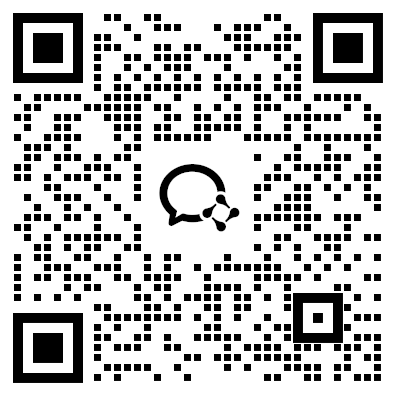
扫码添加助教
免费领取
备考资料大礼包

扫码关注公众号
近两年在疫情影响下,许多美国大学采取了test-optional政策,即不要求申请人强制提交SAT/ACT成绩。加上疫情导致的出境考试难问题,许多同学也在不断询问:SAT/ACT还有必要考吗?
而如今的申请结果,越来越体现出SAT/ACT成绩的重要性。3月28日,麻省理工大学官网正式官宣:SAT/ACT恢复强制提交!
这所稳居美国TOP 5的理工校天花板,为何率先提出这项要求?
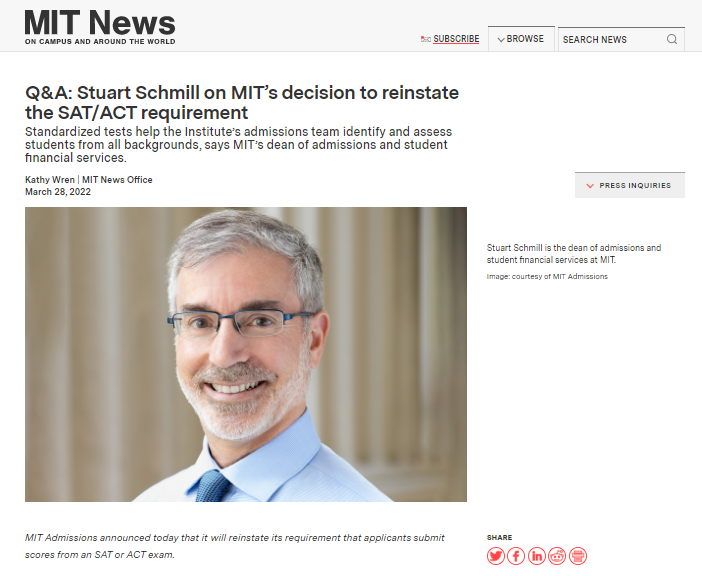
MIT通知原文如下:
MIT Admissions announced today that it will reinstate its requirement that applicants submit scores from an SAT or ACT exam.
The Institute suspended its longstanding requirement in 2020 and 2021 due to the Covid-19 pandemic that prevented most high schoolers from safely taking the exams. However, with the advent of safe, effective pediatric vaccination, the expansion of the free in-school SAT (where most students now take the test), and the introduction of the digital SAT, most prospective students can take them again.
Research conducted by the admissions office shows that the standardized tests are an important factor in assessing the academic preparation of applicants from all backgrounds, according to Dean of Admissions and Student Financial Services Stuart Schmill. He says the standardized exams are most helpful for assisting the admissions office in identifying socioeconomically disadvantaged students who are well-prepared for MIT’s challenging education, but who don’t have the opportunity to take advanced coursework, participate in expensive enrichment programs, or otherwise enhance their college applications.
MIT News spoke with Schmill about how his team arrived at its decision, which he also wrote about today on the MIT Admissions blog.
Q: Why is MIT reinstating its SAT/ACT requirement?
A: First, let me talk a bit about why we have an SAT/ACT requirement in the first place. We have a dedicated research and analysis team that regularly studies our process and decisions. One thing they look at is what we need to predict student success at MIT. We want to be confident an applicant has the academic preparation and noncognitive skills (like resilience, conscientiousness, time-management, and so on) to do well in our challenging, fast-paced academic environment.
In short: Our research has shown that, in most cases, we cannot reliably predict students will do well at MIT unless we consider standardized test results alongside grades, coursework, and other factors. These findings are statistically robust and stable over time, and hold when you control for socioeconomic factors and look across demographic groups. And the math component of the testing turns out to be most important.
One reason we think this is true is because of the unusually quantitative orientation of our education, as I explain in more detail in my post. An MIT education combines deeply analytic thinking with creative hands-on problem-solving to prepare students to solve the toughest problems in the world. Our General Institute Requirements demand that all first-years must take (or place out of, through Advanced Standing Examination) two semesters of calculus and two-semesters of calculus-based physics, no matter what field they intend to major in; students who do not place out of physics also take a math diagnostic. In other words, there is no pathway through MIT that does not include a rigorous foundation in mathematics, mediated by many quantitative exams along the way. So, in a way, it is not surprising that the SAT/ACT math exams are predictive of success at MIT; it would be more surprising if they weren't.
I should emphasize here that we don’t focus only on the tests. In fact, we don’t care about the tests at all beyond the point where they — alongside other factors — help demonstrate preparation for MIT. We don’t prefer perfect scores, and a perfect score isn’t sufficient to say you’ll succeed at MIT, either. However, the tests are something we’ve found we usually need in addition to these other factors in order to demonstrate preparation.
We are reinstating our requirement in order to be transparent and equitable in our expectations. Our concern is that, without the compelling clarity of a requirement, some well-prepared applicants won’t take the tests, and we won’t have enough information to be confident in their academic readiness when they apply. We believe it will be more equitable — and less anxiety-inducing — if we require all applicants who take the tests to disclose their scores, rather than ask each student to strategically guess whether or not to send them to us.
Of course, we know that some students won’t be able to safely take the tests due to their own specific health conditions or various disasters and disruptions, as was the case before the pandemic. In these cases, we will allow students to explain on their application why they were unable to safely take the exam, and we will not hold the lack of exam against them. We will instead use other factors in their application to assess preparation as best we can, but with one less tool in our kit in their case.
Q: What do you say to those who argue the tests create structural barriers for socioeconomically disadvantaged and/or underrepresented students?
A: I appreciate this question, which we have kept foremost in our minds as we reviewed our research and policies. MIT Admissions has a strong commitment to diversity, and it is important to us that we minimize unfair barriers to our applicants wherever possible.
However, what we have found is that the way we use the SAT/ACT increases access to MIT for students from these groups relative to other things we can consider. The reason for this is that educational inequality impacts all aspects of a prospective student’s preparation and application, not just test-taking. As I wrote, low-income students, underrepresented students of color, and other disadvantaged populations often do not attend schools that offer advanced coursework (and if they do, they are less likely to be able to take it). They often cannot afford expensive enrichment opportunities, cannot expect lengthy letters of recommendation from their overburdened teachers, or cannot otherwise benefit from this kind of educational capital. Meanwhile, we know that the pandemic was most disruptive to our least-resourced students, who may have had no consistent coursework or grading for nearly two years now.
I realize this argument may sound counterintuitive to some who have heard that the SAT/ACT exams raise barriers for access, and I don’t want to ignore the challenges with, or limits of, the tests. They are just one tool among many that we use. However, what I think many people outside our profession don’t understand is how unfortunately unequal all aspects of secondary education are in this country. And unlike some other inequalities — like access to fancy internships or expensive extracurriculars — our empirical research shows the SAT/ACT actually do help us figure out if someone will do well at MIT.
It turns out the shortest path for many students to demonstrate sufficient preparation — particularly for students with less access to educational capital — is through the SAT/ACT, because most students can study for these exams using free tools at Khan Academy, but they (usually) can’t force their high school to offer advanced calculus courses, for example. So, the SAT/ACT can actually open the door to MIT for these students, too.
The key thing I hope people understand is that we are using the tests as a crucial tool in the service of our mission, and not for the sake of the tests themselves. If and when we can find better, more equitable tools than the SAT/ACT, we will make changes to our policies and processes, as we did a few years ago when we stopped considering the SAT subject tests. Our creative and dedicated research and analysis team will continue to work hard in this area.
Q: What do you think the impact of this reinstatement will be on your office and on MIT?
A: My hope is that it will help us recruit, select, and enroll a robustly diverse undergraduate student body that is well-prepared to succeed in our challenging curriculum. At least, when we presented our data and proposal to the Committee on Undergraduate Admissions and Financial Aid (CUAFA) — the student/faculty/staff policy committee that oversees our work — that is how we defined our goal, and CUAFA unanimously approved our plan on those terms.
Before the pandemic, considering testing (alongside other factors) helped us expand access to MIT, and we are very proud of the diversity and talent of the undergraduate student body. There is currently no majority race or ethnicity among MIT’s undergraduates. If you look at research published in The New York Times a few years ago, there is more economic diversity and intergenerational mobility at MIT than at comparable institutions; nearly 20 percent of our students are the first-generation in their family to attend college, as I was. We think that if testing helped us do this before the pandemic, it can help us continue to do it now. So, that is how we will evaluate success in the years to come.
麻省理工学院招生办今天宣布,将恢复要求申请人提交SAT或ACT考试成绩。
在2020年和2021年,新冠使得大多数高中生无法安全参加考试,因此MIT暂停了长期以来的标化成绩要求。然而,随着安全有效的疫苗出现,免费在校SAT考试规模的扩大,以及SAT机考的出现,大多数未来的学生可以再次参加SAT考试。
MIT招生办公室主任Schmill表示,MIT招生办的研究表明,标准化考试是评估各种背景申请人学术准备的一个重要因素。他说,标准化考试能够有效帮助招生办公室确定那些已经为MIT富有挑战性的教育做好充分准备,但没有机会参加高级课程、参加昂贵的强化课程或提高大学申请质量的社会经济地位不利的学生。
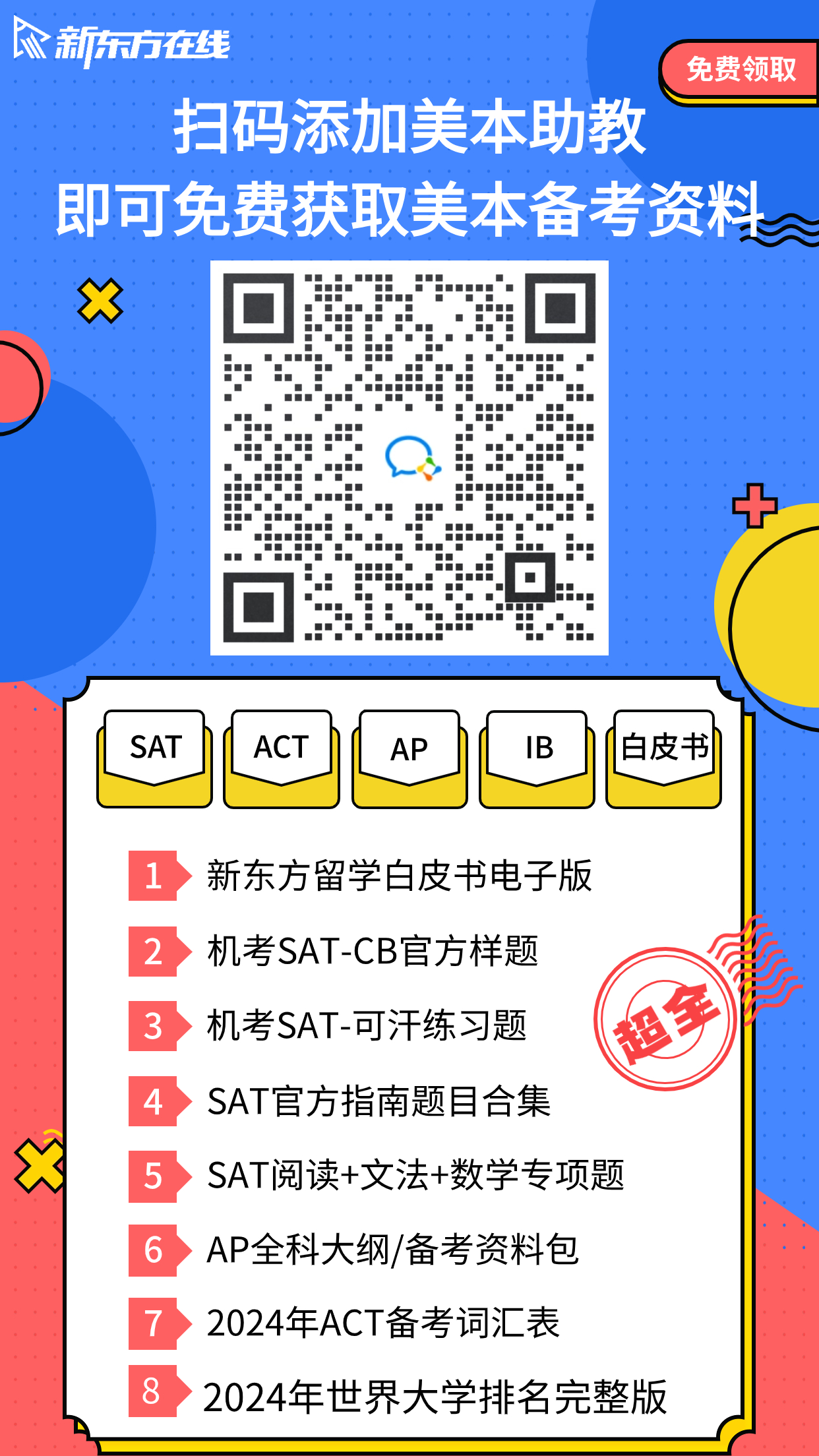
SAT水平能力测试【0元免费测试】
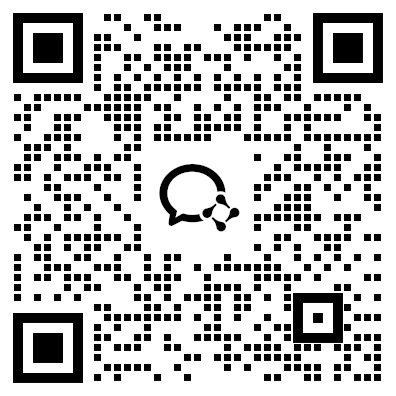
 资料下载
资料下载
【SAT】SAT官方指南题目合集10套
发布时间:2024-04-15添加新东方在线美本助教号
回复【美本资料】获取
SAT阅读+文法+数学专项题型练习册
发布时间:2024-05-31添加新东方在线美本助教号
回复【美本资料】获取
机考SAT-可汗练习题
发布时间:2024-02-29添加新东方在线美本助教号
回复【美本资料】获取
机考SAT-CB官方样题
发布时间:2024-02-29添加新东方在线美本助教号
回复【美本资料】获取
《学科留学百问 (AP-IB-A Level)》
发布时间:2023-02-22添加新东方在线美本助教号
回复【美本资料】获取
2024中国学生留学备考白皮书
发布时间:2023-02-22添加新东方在线美本助教号
回复【美本资料】获取
2023北美考试一本通高中篇
发布时间:2023-02-22添加新东方在线美本助教号
回复【美本资料】获取
新东方SAT阅读讲义
发布时间:2023-02-06添加新东方在线美本助教号
回复【美本资料】获取
2023北美考试一本通高中篇
发布时间:2024-02-29关注美本留学家长帮微信订阅号
回复【美本资料】获取
2024中国学生留学备考白皮书
发布时间:2019-12-19添加新东方在线美本助教号
回复【美本】获取
《学科留学百问 (AP-IB-A Level)》
发布时间:2019-12-19添加新东方在线美本助教号
回复【美本资料】获取
机考SAT-CB官方样题
发布时间:2019-12-19添加新东方在线美本助教号
回复【美本资料】获取
机考SAT-可汗练习题
发布时间:2019-12-19添加新东方在线美本助教号
回复【美本资料】获取
SAT阅读+文法+数学专项题型练习册
发布时间:2019-11-28添加新东方在线美本助教号
回复【美本资料】获取

添加美本助教
即可获取美本资料大礼包

 推荐阅读
推荐阅读
测试
来源 : 网络 2025-04-15 17:30:36 关键字 :
最近,香港大学悄悄更新了官网招生政策中对授课型研究生语言成绩有效期的界定,消息传出直接炸开了锅…
SAT成绩不仅是大学申请的重要材料,也是评估自身学习成果的关键依据。新东方在线SAT考试网将详细介绍2025年5月SAT成绩的预计发布时间、官方查分入口、成绩查询步骤以及常见问题解答,帮助考生第一时间获取分数,并为后续申请做好规划。
SAT考试作为美国大学入学的重要标准化考试之一,合理规划备考和报名时间可以帮助考生避免错过关键节点。新东方在线SAT考试网将详细介绍2025年5月SAT的具体考试日期、考试时间安排、报名截止时间以及相关注意事项,助你顺利备考并按时参加考试。
来源 : 网络 2025-04-14 14:16:38 关键字 : 2025sat考试时间,sat机考日期
2025年山东省AP考点信息已正式公布!为帮助考生高效备考,新东方在线SAT考试网整理了山东省各考点的详细地址、交通路线及考场注意事项,助力大家提前规划考试行程,顺利应考。点击查看完整考点信息,为AP考试做好充分准备!
2025年AP青岛市考点已经公布,新东方在线SAT考试网将交通指南等方面全面解析考点详情,助力考生提前熟悉考场、规划行程,为5月大考做好充分准备。
2025年AP宁波市考点已经公布,新东方在线SAT考试网将交通指南等方面全面解析考点详情,助力考生提前熟悉考场、规划行程,为5月大考做好充分准备。
2025年AP宁波市考点已经公布,新东方在线SAT考试网将交通指南等方面全面解析考点详情,助力考生提前熟悉考场、规划行程,为5月大考做好充分准备。
2025年AP南通市考点已经公布,新东方在线SAT考试网将交通指南等方面全面解析考点详情,助力考生提前熟悉考场、规划行程,为5月大考做好充分准备。
2025年江苏省AP考点信息已正式公布!为帮助考生高效备考,新东方在线SAT考试网整理了江苏省各考点的详细地址、交通路线及考场注意事项,助力大家提前规划考试行程,顺利应考。点击查看完整考点信息,为AP考试做好充分准备!

自动领取备考资料大礼包
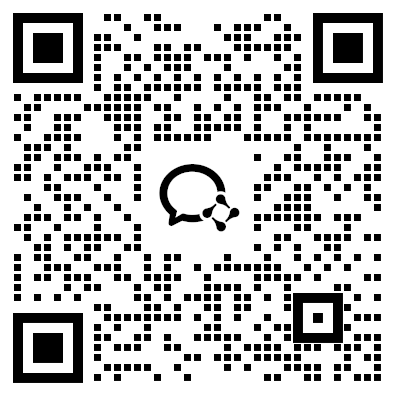
1. 打开手机微信【扫一扫】,识别上方二维码;
2.添加【美本助教】,自动领取留学备考资料大礼包。
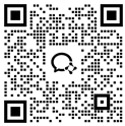
 SAT直播/精讲课
SAT直播/精讲课
 托福精讲系统课(旗舰版)
托福精讲系统课(旗舰版)
 托福直播VIP小班
托福直播VIP小班
 公开讲座
公开讲座
真实了解自己的水平,为备考做好规划!
价格 : ¥0元
真实了解自己的水平,为备考做好规划!
价格 : ¥0元
真实了解自己的水平,为备考做好规划!
价格 : ¥0元

 资料下载
资料下载
添加新东方在线美本助教号
回复【美本资料】获取
添加新东方在线美本助教号
回复【美本资料】获取
添加新东方在线美本助教号
回复【美本资料】获取
添加新东方在线美本助教号
回复【美本资料】获取
添加新东方在线美本助教号
回复【美本资料】获取
添加新东方在线美本助教号
回复【美本资料】获取
添加新东方在线美本助教号
回复【美本资料】获取
添加新东方在线美本助教号
回复【美本资料】获取
关注美本留学家长帮微信订阅号
回复【美本资料】获取
添加新东方在线美本助教号
回复【美本】获取
添加新东方在线美本助教号
回复【美本资料】获取
添加新东方在线美本助教号
回复【美本资料】获取
添加新东方在线美本助教号
回复【美本资料】获取
添加新东方在线美本助教号
回复【美本资料】获取

自动领取备考资料大礼包

1. 打开手机微信【扫一扫】,识别上方二维码;
2.添加【Ella助教】,自动领取留学备考资料大礼包。
 阅读排行榜
阅读排行榜
 相关内容
相关内容